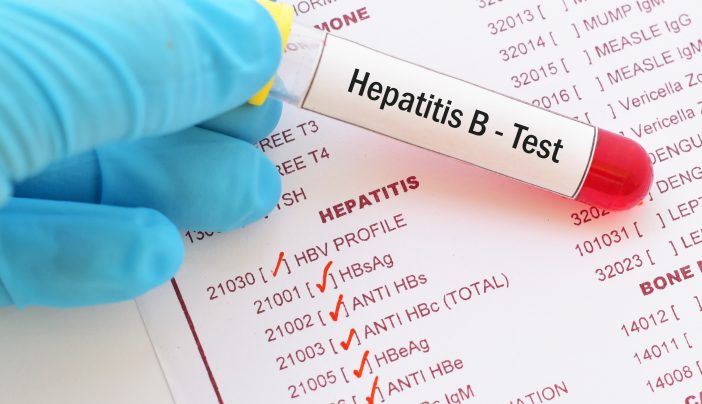In a cautionary message to the public, Dr. Adiri Winfred, a consultant Gastroenterologist and Hepatologist at the Godfrey Okoye University Teaching Hospital (GOUNTH) in Enugu, highlighted that Hepatitis B Virus (HBV) is 100 times more infectious than HIV.
During a gathering in Enugu, organised by GOUNTH and sponsored by Emzor Vaccines to observe the ‘2023 World Hepatitis Day’ with the theme ‘One Life, One Liver,’ Dr. Adiri Winfred educated the participants about the dangers of Hepatitis, notably B and C, and also caution about its rapid spread.
It is reported that the attendees were opportune to undergo free Hepatitis tests.
The expert said the available medication cannot eradicate the virus, stressing that one thing about it is ‘when integrated into patient’s DNA, it becomes difficult for eradication.’
Describing Hepatitis B as dangerous, she pointed out that doesn’t have a cure, and the treatment approach is focused on reducing the virus.
‘The drug we have can reduce the viral load of the patient from having liver cirrhosis and liver cancer which seemed to be a rising issue in our environment.’
‘A lot of people have died from the complications arising from Hepatitis B virus and that is why we are advocating that governments should aid patients down with the virus.’
‘This free screening will help to enlighten those with symptoms of Hepatitis B to come for treatment,’ she said.
In her further explanation, Winfred clarified that Hepatitis B virus can be transmitted through contact with infective blood, sexual activity, and exposure to various body fluids. Furthermore, transmission may occur from infected mothers to their infants during birth and from family members to infants during early childhood.
The virus can also spread through other means, such as receiving transfusions of contaminated blood, using contaminated injections during medical procedures, and engaging in injecting drug use. It can also be contracted through playing with sharp objects and using contaminated clippers.
‘The symptoms of acute and chronic hepatitis B include fever, fatigue, loss of appetite, nausea, vomiting, abdominal pain, dark urine, light-coloured stools, joint pain, and jaundice,’ she said.
However, she underscored the importance of hepatitis B vaccination for Nigerians as a preventive strategy against the virus.
As part of his welcome address, Prof. Cajethan Nwadinigwe, the Chief Medical Director of GOUNTH, highlighted that the event was a partnership/public enlightenment and screening program.

